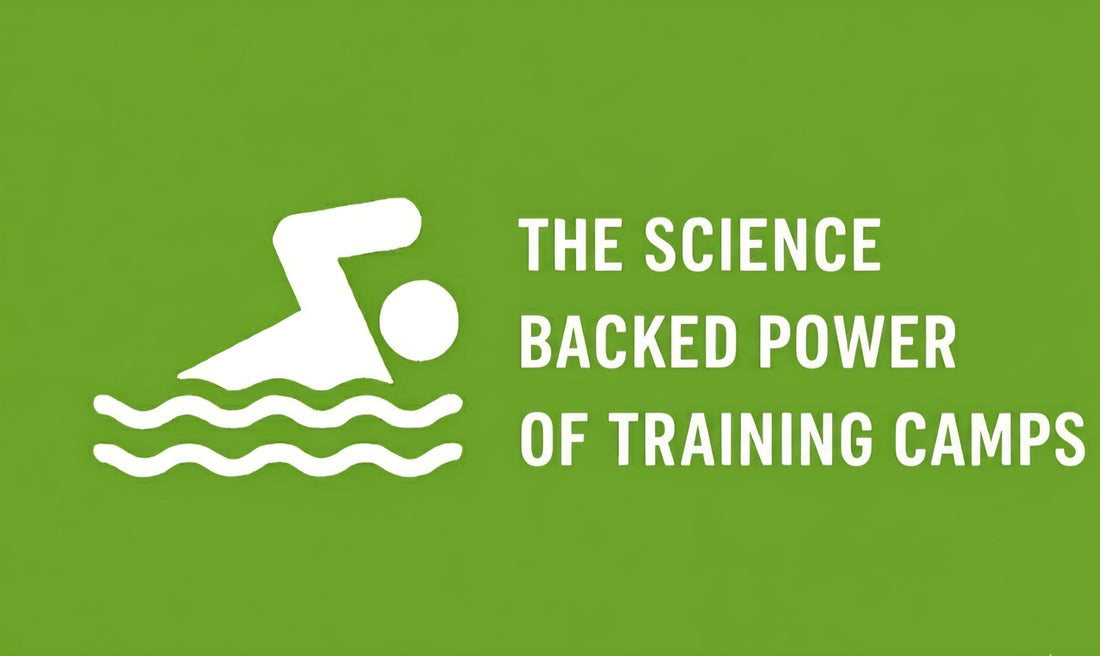
The Science-Backed Power of Training Camps by Kyle Main
Share
In the wild, wolves thrive in packs—driven by instinct, discipline, and shared purpose. At Green Wolf, we channel that same energy into everything we do. And when it comes to personal transformation, few experiences rival the impact of a well-designed training camp.
Whether you're an athlete, adventurer, or someone seeking a mental and physical reset, training camps offer a unique blend of structure, challenge, and community. But don’t just take our word for it—here’s what the science says.
1. Enhanced Physical Performance Through Environmental Stress
Elite athletes often incorporate altitude and heat training camps into their annual programs to stimulate physiological adaptations. These environments trigger responses like increased red blood cell production (from altitude) and improved thermoregulation (from heat), which can enhance endurance and performance even at sea level.
“Training camps that simulate environmental stress—like hypoxia or heat—can significantly improve acclimatization and performance outcomes,” notes a recent study in the International Journal of Sports Physiology and Performance.
2. Mental Resilience & Motivation
Training camps aren’t just about physical gains—they’re a crucible for mental toughness. Research shows that immersive training environments foster greater motivation, confidence, and emotional resilience. Athletes often report a renewed sense of purpose and drive after camp, which translates into more consistent training back home.
Booking a camp creates a psychological anchor—something to train for, look forward to, and reflect on. It’s a motivational multiplier.
3. Social Cohesion & Peer Learning
Humans are social learners, and training camps capitalize on this. Studies highlight the value of peer-to-peer interaction, where athletes exchange strategies, stories, and support. This dynamic not only boosts morale but accelerates learning through shared experience.
“We’ve seen athletes who barely knew each other become fast friends, pushing each other harder than they ever would alone,” says Challenge Family, a global triathlon organization.
4. Evidence-Based Coaching & Real-Time Feedback
Modern training camps often integrate research-embedded methodologies, where sport scientists collaborate with coaches to deliver tailored interventions. This approach ensures that training is not only intense but also scientifically optimized for safety, recovery, and performance.
RETCs (Research-Embedded Training Camps) are designed to translate cutting-edge science into actionable strategies for athletes and coaches alike.
5. Holistic Health & Lifestyle Reset
Beyond the workouts, camps often include nutrition workshops, sleep monitoring, and mindfulness sessions. These elements support long-term wellness and help participants build sustainable habits. The immersive nature of camps allows for full focus—without the distractions of daily life.
Gear Up for Your Next Evolution
At Green Wolf, we design gear for those who train with purpose. Whether you're heading to the mountains for altitude training or joining a coastal bootcamp, our apparel and accessories are built to endure—and inspire.
Train hard. Stay wild. Be the wolf.
